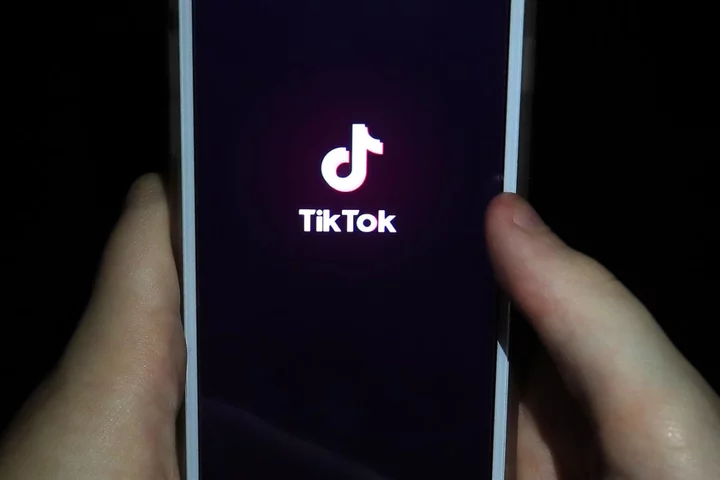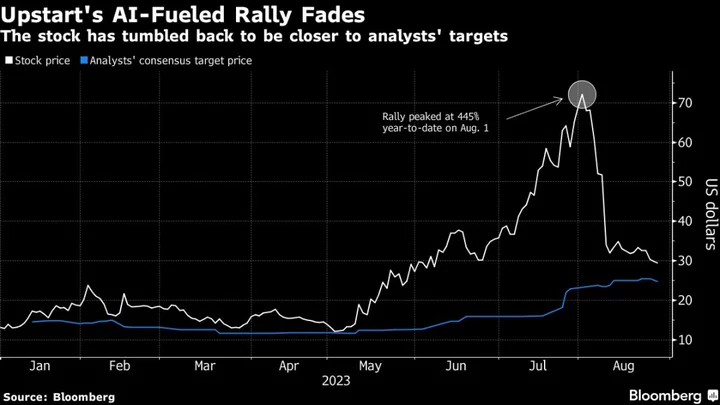Social media platform TikTok is being used by incels to spread their “hateful beliefs” against women, according to a new study.
Previous research has suggested that incels – men who are involuntary celibates – were mainly restricted to niche men’s forums.
But researchers from the University of Portsmouth have found “prominent” incel accounts on video-sharing site TikTok.
Incels have been linked to violent attacks including the shooting by Jake Davison of five people in Plymouth in 2021 and an attack in Toronto, Canada, in which self-described incel Alek Minassian drove a van into a crowd killing 11 people in 2018.
Lead author Anda Solea, of the School of Criminology and Criminal Justice Studies at the University of Portsmouth, said: “It is a common belief that incels are an underground community, removed from beloved and popular platforms such as TikTok.
Mainstream platforms like TikTok have stricter moderation policies but are not immune to incel influence
Dr Lisa Sugiura“Our study demonstrates that incel ideology is also present, popularised and thriving on TikTok.”
The study found that incel ideology was being spread in a manner of styles including through the use of pseudo-scientific appeals.
These use fake and misinterpreted graphs, surveys and information often based on evolutionary psychology and biological determinism to “expose the supposed true nature of women”.
Other methods include emotional appeals which employ repurposed viral internet media, including TV clips and memes, depicting unattractive men’s humiliation and suffering at the hands of women to portray men as victims and evoke empathy.
The study suggests that the language used is soft and implicit enough to escape content moderation but harmful enough to “perpetuate hateful beliefs” while linking with broader sexism and structural misogyny.
Study co-author Dr Lisa Sugiura, associate professor in cybercrime and gender at the University of Portsmouth, said: “These clever subtle approaches aim to resonate with broader audiences, including those who might be unfamiliar with the intricacies of incel ideology.
“They present a challenge to policymakers and a real danger to women. As TikTok gains popularity, more needs to be done to understand the growing incel activity on the platform.”
Ms Solea said: “Incels consider themselves unable to attain romantic relationships due to societal hierarchies based on looks, money and status, where women wield power.
“They have been linked to gendered hate speech and violence against women, making them an increasing security concern.
“However, research has often oversimplified incels, overlooking their diversity across different online platforms.
“Mainstream platforms like TikTok have stricter moderation policies but are not immune to incel influence.
“This study aims to understand how incels adapt their ideology to mainstream platforms and how they influence and are influenced by mainstream discourse.”
TikTok has been approached for comment.









